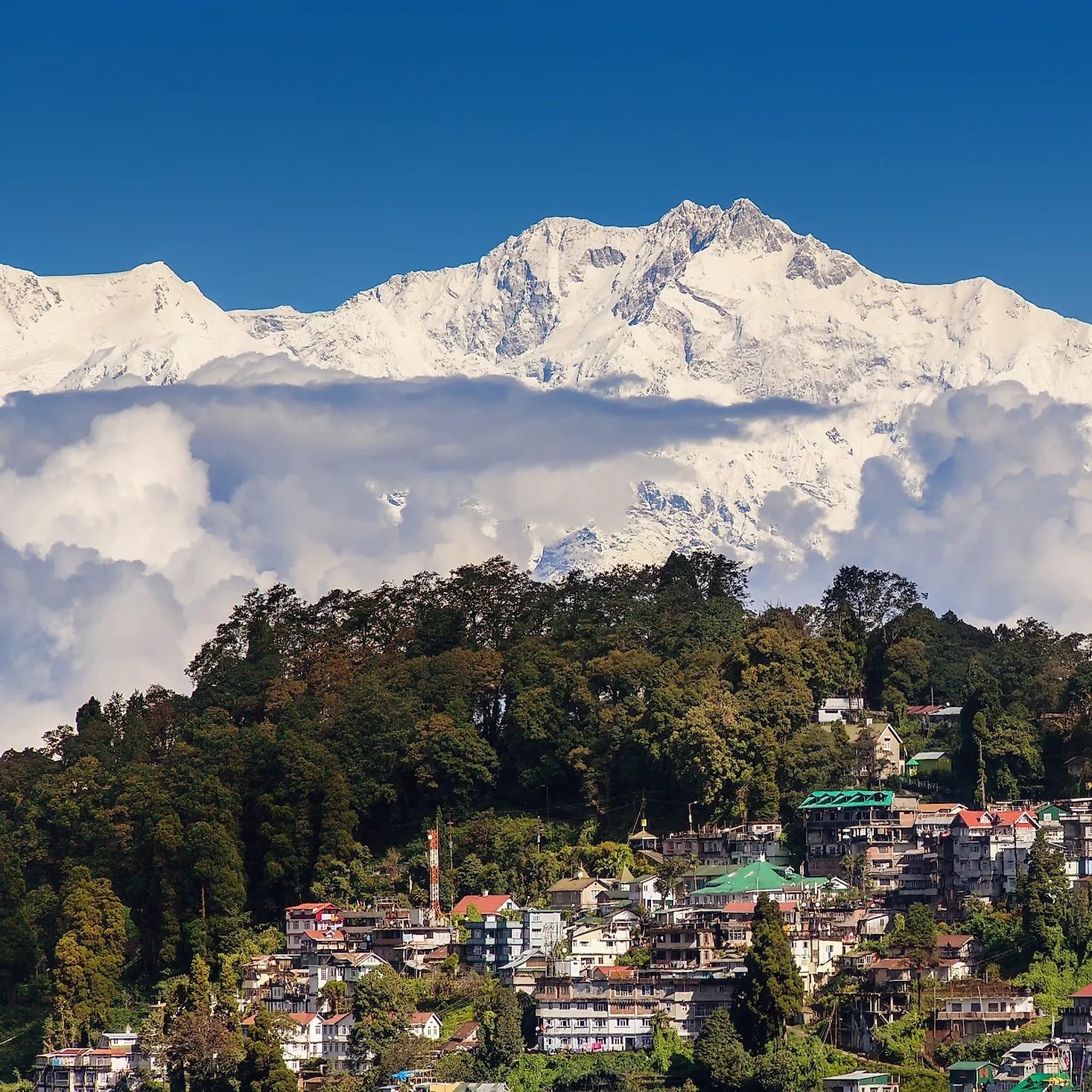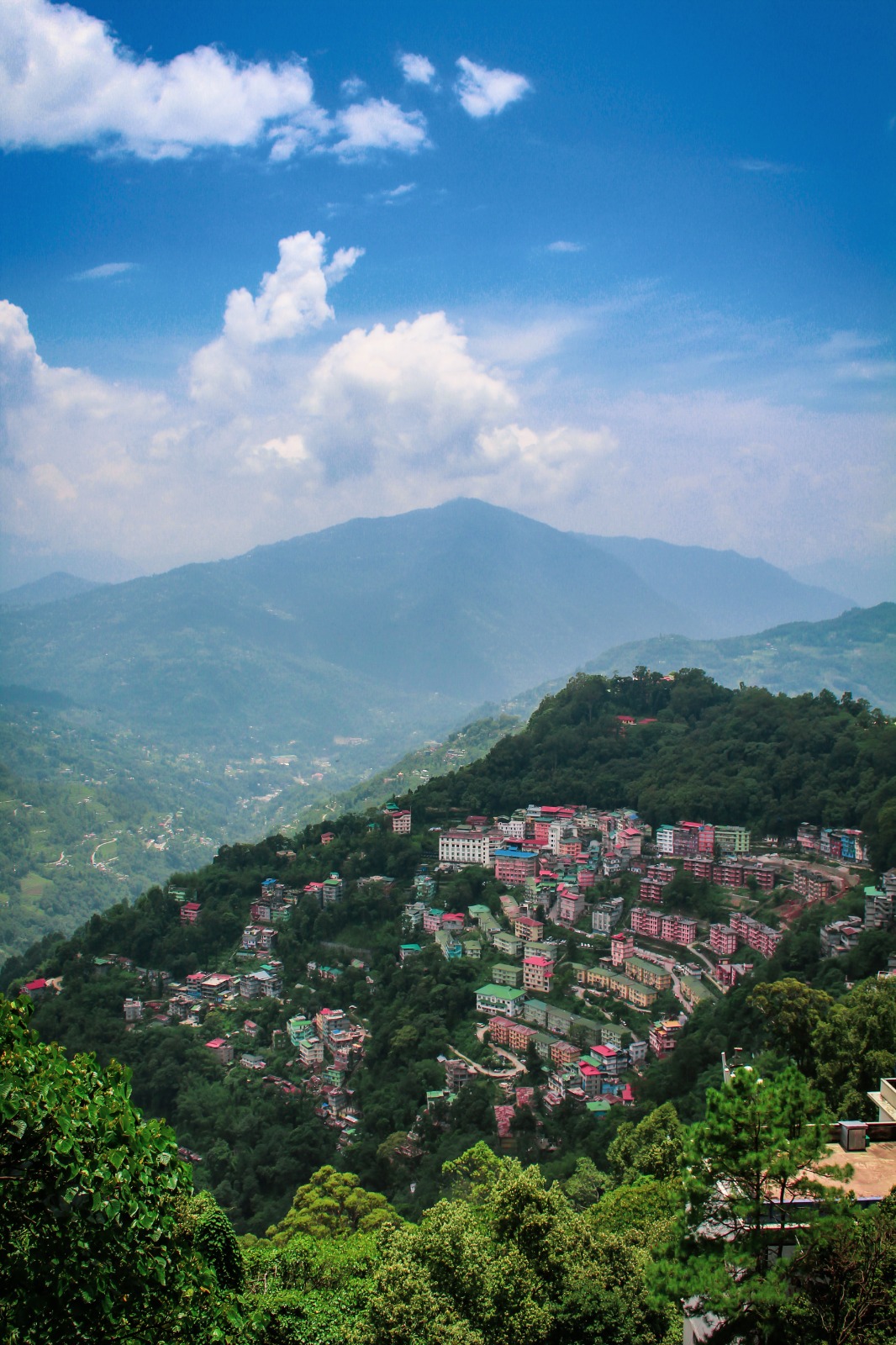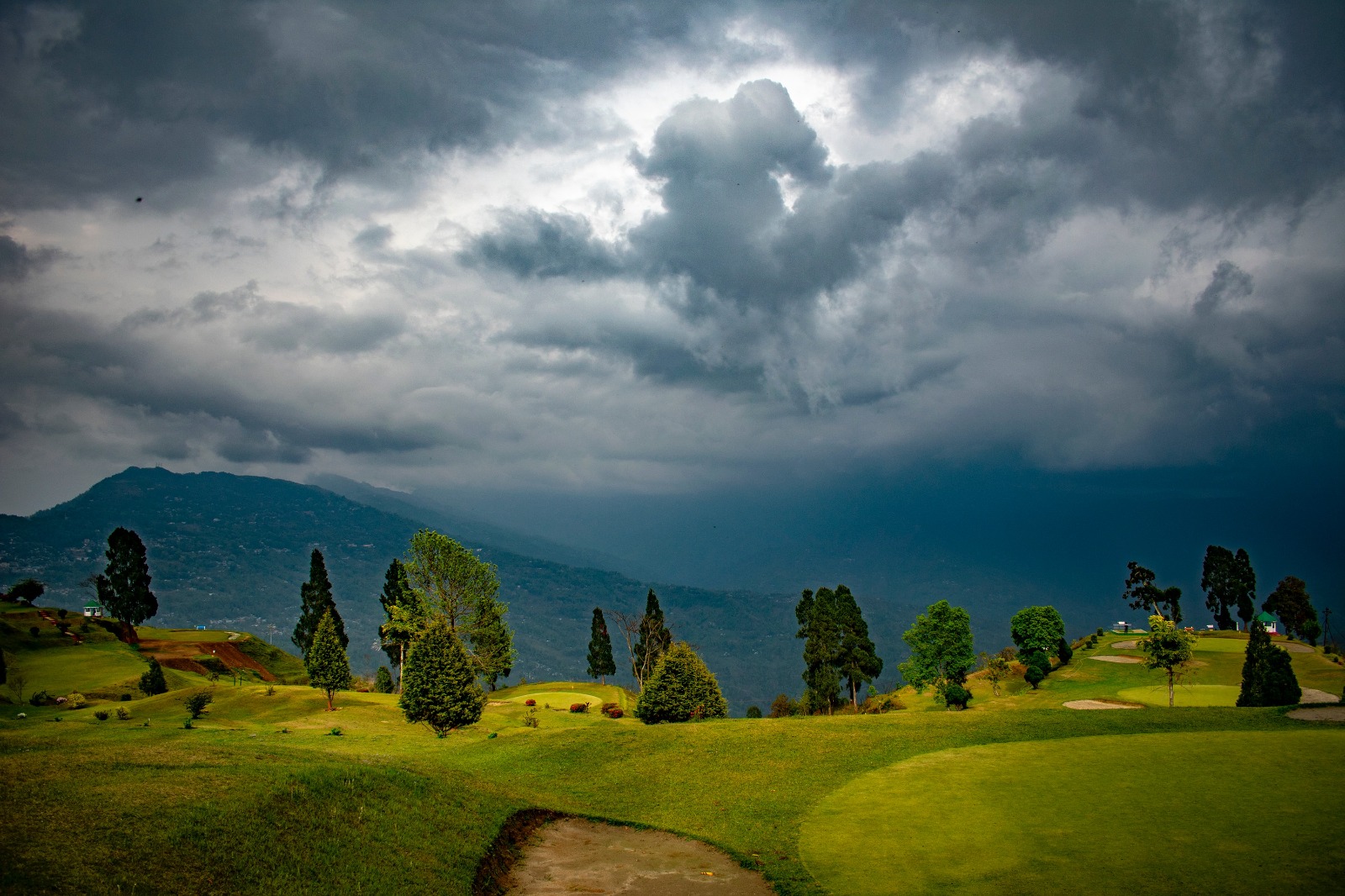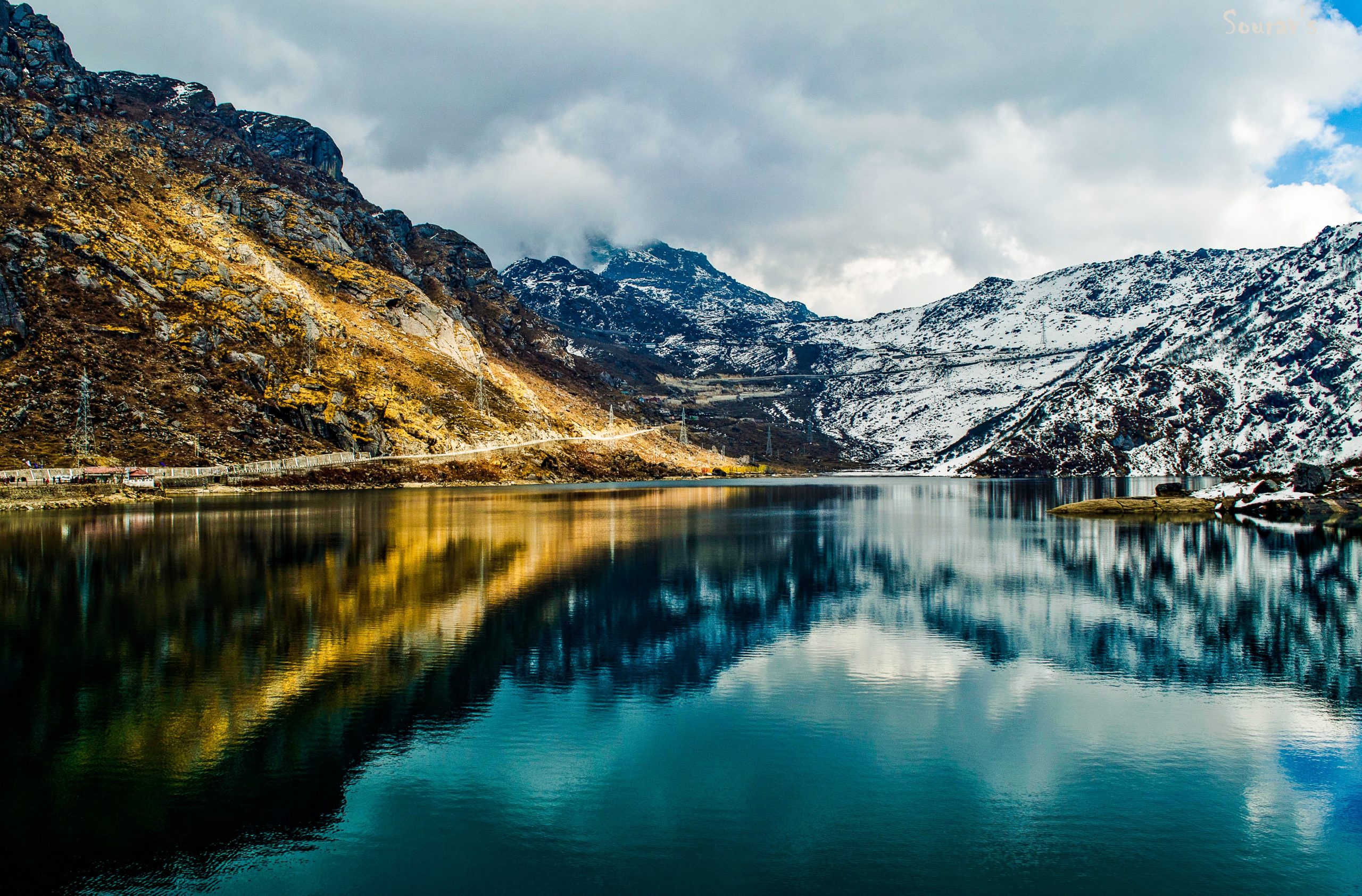Overview
Nestled in the northeastern part of India, Assam stands as a vibrant and diverse state, celebrated for its cultural tapestry, lush landscapes, and the mighty Brahmaputra River. This enchanting region, with its tea-covered hills, dense forests, and a myriad of ethnic communities, unfolds as a living canvas of traditions, natural beauty, and historical significance.
Geographical Splendor
Assam's geographical splendor is dominated by the Brahmaputra River, one of the world's major rivers, which flows through the state, shaping its landscapes and providing a lifeline to its people. The fertile plains along the riverbanks contribute to Assam's significance as an agricultural hub.Tea Plantations
Assam is synonymous with tea, and its lush tea plantations sprawl across the hills, creating a picturesque landscape. The state is one of the largest tea producers globally, and the tea estates not only contribute to the economy but also add to the visual allure of the region.Cultural Diversity
The cultural diversity of Assam is reflected in its population, comprising various ethnic groups, including Assamese, Bodo, Mising, Karbi, and more. Each community brings its unique traditions, languages, and festivals, creating a rich mosaic of cultural expressions.Silk Heritage
Assam is renowned for its silk heritage, with Muga, Eri, and Pat silk being produced in the region. The intricate handloom weaving techniques have been passed down through generations, and Assamese silk is celebrated for its quality and craftsmanship.Bihu Festival
The Bihu festival, celebrated with great enthusiasm, is the most important cultural festival in Assam. It marks the Assamese New Year and is characterized by vibrant dance forms, traditional music, and feasts. Bihu is not just a festival but a celebration of the agrarian cycle and the changing seasons.Wildlife Sanctuaries
Assam boasts rich biodiversity, and its wildlife sanctuaries, including Kaziranga National Park, Manas National Park, and Nameri National Park, are home to a variety of flora and fauna. The one-horned rhinoceros, Bengal tigers, and diverse bird species inhabit these protected areas.River Island Majuli
Majuli, the world's largest river island, is situated in the Brahmaputra. Known for its cultural and spiritual significance, Majuli is home to Vaishnavite monasteries, or satras, which preserve Assam's classical dance and music forms.Assamese Cuisine
Assamese cuisine is a delightful blend of flavors, with rice being a staple. Assam's culinary offerings include fish curries, bamboo shoot delicacies, and a variety of indigenous greens. The cuisine reflects the state's agrarian lifestyle and the influence of different communities.Historical Significance
Assam has a rich historical legacy, with archaeological sites like Sivasagar bearing witness to the Ahom dynasty's rule. The region's history is also intertwined with the Silk Route and trade with Southeast Asian countries.Riverine Beauty
The Brahmaputra River, often referred to as the "son of the soil," defines Assam's topography. The riverine beauty includes majestic riverbanks, lush islands, and the serene Brahmaputra Valley, contributing to the state's overall charm.Festivals and Traditions
Apart from Bihu, Assam celebrates various festivals like Durga Puja, Baishagu, and Ali-Aai-Ligang, each with its unique rituals and cultural significance. The state's festivals showcase the spirit of unity in diversity.In conclusion, Assam, with its cultural richness, natural beauty, and historical significance, offers a tapestry of experiences for those seeking to explore the diverse facets of northeastern India. The state's warmth, hospitality, and the resilience of its people make Assam a unique and captivating destination within the Indian subcontinent.




